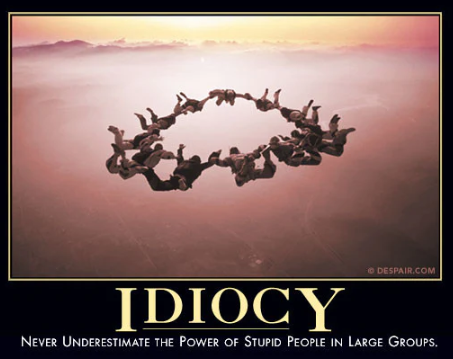

Last week I suggested that we add “City Planners” as an evolutionary step in Dr. Kenneth Qui’s analogy of the evolution of DPC. Today I’d like to discuss Dr. Thomas White’s heartwarming response to Kenny’s article, entitled “Taking Over The World? Or Just Driving Under The Influence?”
When he replied to Kenny’s article, Tom acknowledged that we may have to disagree agreeably on this, and he’s right. Tom asserts that we shouldn’t only be city-builders, but should also be “influencers,” influencing those unwilling/unable to leave the broken system, and in this way we might at least influence them to make the broken system a little better–a little more like DPC. Those who know Tom can see his overwhelming kindness and boundless optimism shining brilliantly here. And without a degree in philosophy, I’d have a tough draw in a debate to argue against the case for influencing toward altruism.
But here’s my case nonetheless: There is no harm in demonstrating altruism, but I don’t know that we need to (or can) change these doctors. Tom says it himself: “…the vast majority of our colleagues have the same values as us, and yearn to practice in a better model.” I agree! If I understand, then, the assertion is that we should be influencers, and those whom we should influence already share our values. If they share our values, what have we to influence? I think Tom is right that we should be influencers but I don’t know that the doctors are the ones that need influencing. It’s not the doctors who are the problem, it’s the crooks they work for. To modify a popular phrase: “Don’t influence the player, influence the game.”
Here is a recent example that demonstrates what I’m getting at. Not too far from me, a clinician was recently fired from an employed position at a hospital system. Her crime? Spending too much time with her patients.(…And she probably spends 75% less time with her patients than I do. Seriously folks, you can’t make this stuff up.)
Imagine a doc on the inside in the hamster wheel cranking out $ millions for a hospital, and after being influenced by a DPC colleague, she slows down and does it right. Should we expect a sweeping revolution of DPC-influenced change in her hospital system? How lovely that would be, but I think it’s much more likely that she and anybody who copied her would all get fired and replaced, like the expendable commodities the system thinks they are.
Of course, there surely exists a degree of worth in remaining collegially involved with our colleagues on the inside, and there are those in the DPC movement, Tom very much included, who are stellar, high-class, and necessary ambassadors of DPC. I’m not saying this doesn’t carry value, I simply think it’s inefficient. Last analogy for the day: Oren Harari once said “The electric light did not come from the continuous improvement of candles.” I believe any positive influence we make on the inside is simply making a doctor’s candle a little brighter. Nothing wrong with that–but to me, the reason to be involved with those on the inside, is not to brighten their candle but to give them a big case of LED light bulbs.
Excellent analysis and rebuttal by Dr Lassey …..
Hear, hear…excellent retort and really has me thinking on both sides of this argument.
I’m very grateful for light bulbs